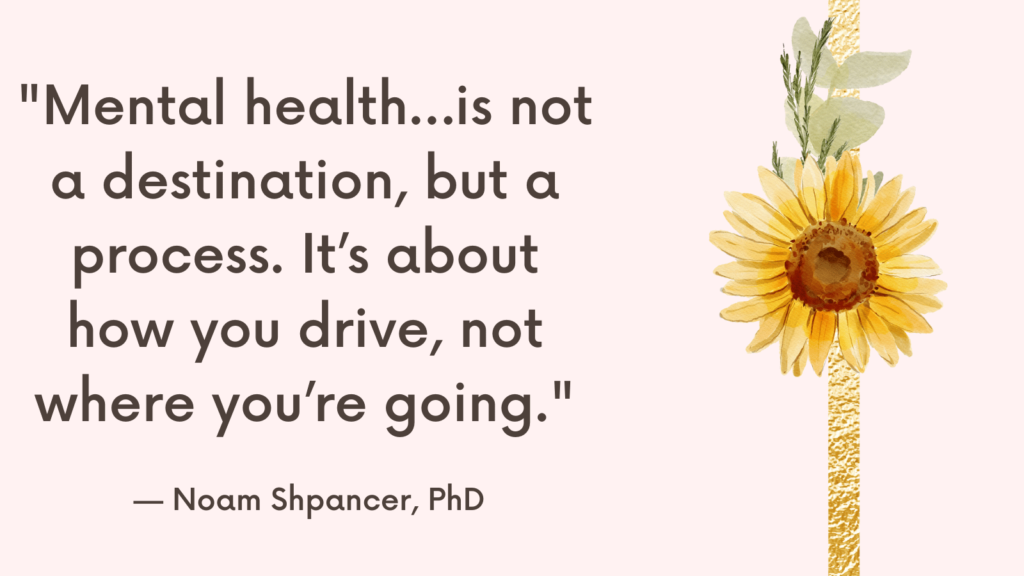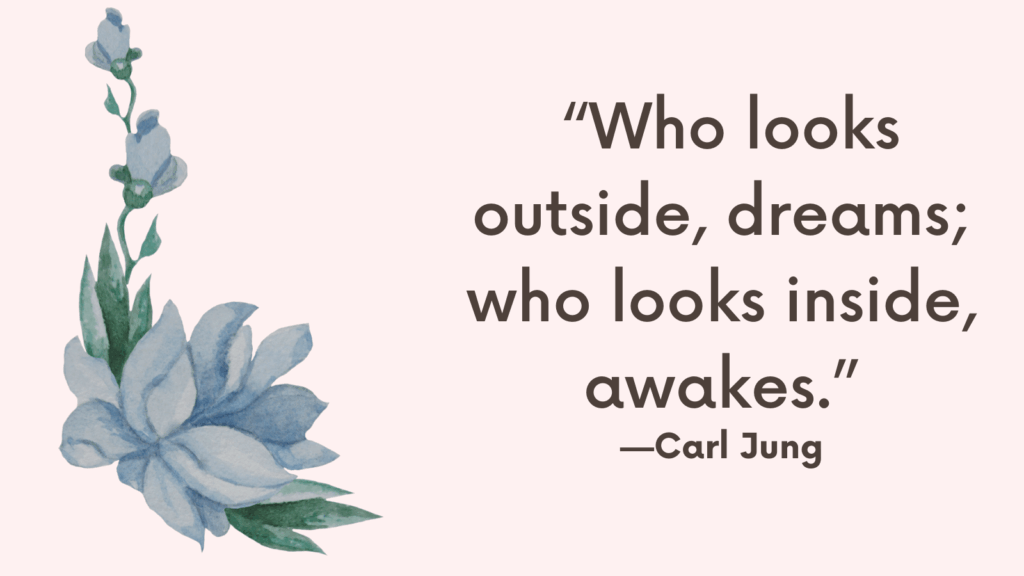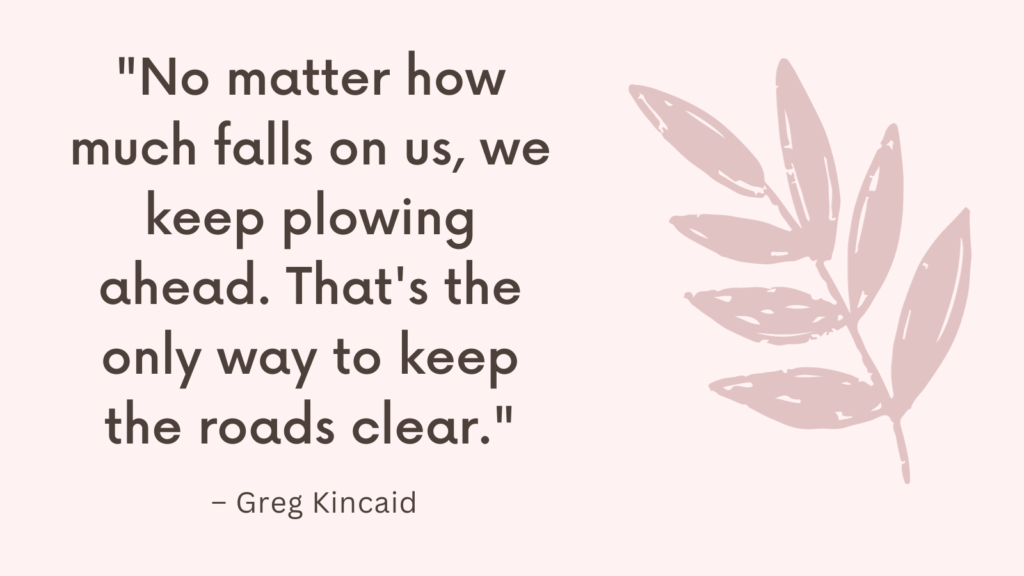What is external validation? Read on to find out.
What Is External Validation?
External validation refers to seeking approval, acceptance, and recognition from others as a means to feel valued, worthy, and validated.
This validation typically comes from external sources such as friends, family, peers, romantic partners, or even societal norms and expectations.
It is an inherent human desire to seek validation since it provides us with a sense of belonging and reinforces our self-image.
There are several reasons why individuals may seek external validation.
1. Validation serves as a way to validate our own thoughts, feelings, and actions.
When others affirm our choices or opinions, it reinforces our belief that we are on the right track.
This can boost our self-confidence and provide reassurance in our decision-making.
2. External validation can offer a sense of security.
It helps us feel accepted and understood by others, reducing feelings of isolation or being an outsider.
Humans are social beings, and validation from others fulfills our need for connection and belonging.
3. External validation often acts as a measure of success or achievement.
We may seek validation in the form of compliments, praise, or recognition for our accomplishments.
This validation can reinforce our sense of self-worth and motivate us to continue pursuing our goals.
Related: Low Self Esteem Quiz
The Problem with External Validation
However, there are potential downsides to relying too heavily on external validation.
When our primary source of validation comes from external sources, we become vulnerable to fluctuations in other people’s opinions or judgments.
Our self-esteem becomes contingent upon the approval of others, making us susceptible to criticism or rejection.
Seeking excessive external validation may also lead to a constant need for validation, creating an unsustainable cycle.
This can potentially result in feelings of insecurity, anxiety, and low self-esteem when validation is not received or does not meet our expectations.
Moreover, people who rely heavily on external validation may struggle with making decisions independently.
They may constantly seek the opinions of others, doubting their own abilities and intuition.
This can hinder personal growth and development, preventing them from fully exploring their own identities and values.
Related: Best 10 Self Esteem Books

How to Stop Relying on External Validation?
Relying heavily on external validation can be challenging to overcome, but with intentional effort and self-reflection, you can gradually reduce your dependency on it.
Here are some strategies to help you stop relying on external validation:
1. Understand the root causes
Reflect on why you seek external validation.
Are there underlying insecurities or fears that drive this need?
Understanding the root causes can help you address them directly.
2. Build self-awareness
Pay attention to your thoughts and emotions when seeking validation.
Notice patterns and triggers that lead you to seek external reassurance.
This self-awareness is the first step towards change.
3. Challenge your beliefs
Examine the beliefs you hold about yourself and your worthiness.
Are these beliefs based on objective reality or the opinions of others?
Begin questioning and challenging these beliefs, replacing them with more empowering and self-accepting ones.
Related: Negative Core Beliefs List (& 8 Tips On How To Challenge Them)
4. Practice self-compassion
Treat yourself with kindness and understanding, especially in moments when you don’t receive external validation.
Remember that you are human and deserving of love and acceptance, regardless of others’ opinions.
5. Cultivate self-validation
Focus on recognizing and validating your own thoughts, feelings, and accomplishments.
Celebrate your achievements, no matter how small, and internalize the satisfaction they bring you without seeking external approval.
6. Set personal goals
Set goals that align with your values and aspirations, rather than chasing goals solely for external validation.
This shift will help you build a sense of intrinsic motivation and fulfillment.
Related: How Confident Am I Quiz (+Best 13 Tips on How to Carry Yourself with Confidence)
7. Seek constructive feedback
While reducing reliance on external validation, it doesn’t mean disregarding all feedback.
Choose trusted individuals who can provide constructive criticism and guidance, helping you grow and improve personally and professionally.
8. Develop a support network
Surround yourself with people who appreciate and accept you for who you are, rather than those who constantly judge or criticize.
Seek out authentic connections that uplift and inspire you.
9. Engage in self-reflection activities
Incorporate practices like journaling, mindfulness, or therapy to deepen your understanding of yourself, your values, and your strengths.
These activities can assist in building self-confidence and fostering self-validation.
Related: Letting Go of Perfectionism: Best 20 Tips
10. Embrace mistakes and failures
Recognize that setbacks and failures are part of life’s journey.
Instead of viewing them as reflections of your worth, see them as opportunities for growth and learning.
Embrace the lessons they offer and use them as stepping stones toward personal development.
11. Focus on personal growth
Shift your attention from seeking validation to focusing on personal growth and self-improvement.
Engage in activities that enhance your skills, knowledge, and well-being.
This internal focus will gradually reduce the importance placed on external validation.
12. Practice assertiveness
Learn to express your needs, desires, and boundaries assertively.
Develop the confidence to stand up for yourself and make choices aligned with your own values, even if they diverge from others’ expectations.
Related: Top 5 Tips On How To Be Assertive Without Being Rude
13. Celebrate your uniqueness
Embrace your individuality and recognize that seeking validation from others often means conforming to societal norms or expectations.
Embrace your unique qualities, interests, and perspectives, and celebrate what makes you special.
14. Detox from social media
Take breaks from social media platforms that can fuel the need for validation and comparison.
Instead, spend time engaging in activities that promote self-care, self-reflection, and real-life interactions.
15. Be patient and persistent
Reducing dependence on external validation is a process that takes time and effort.
Be patient with yourself and persevere even when setbacks occur.
Consistently practicing self-validation and self-acceptance will yield positive results over time.
Related: Top 18 Self Esteem Exercises (+FREE CBT For Self-Esteem Worksheets PDF)

Conclusion
External validation encompasses seeking approval and recognition from others to feel valued and validated.
It is important to remember that seeking some level of external validation is natural and normal.
Human beings are social creatures, and positive feedback and support from others can be beneficial for our overall well-being.
However, striking a balance between external validation and self-validation is key.



